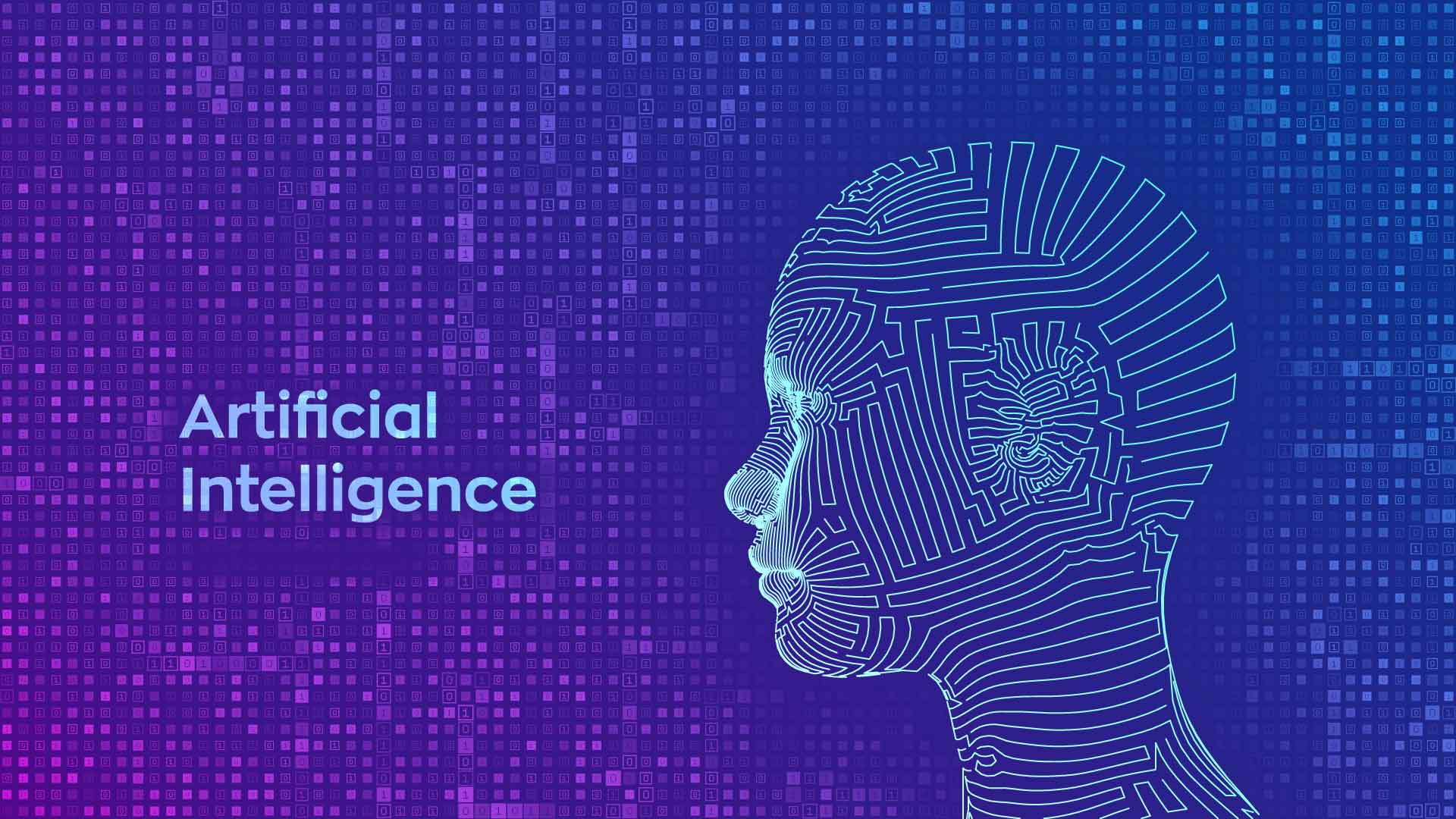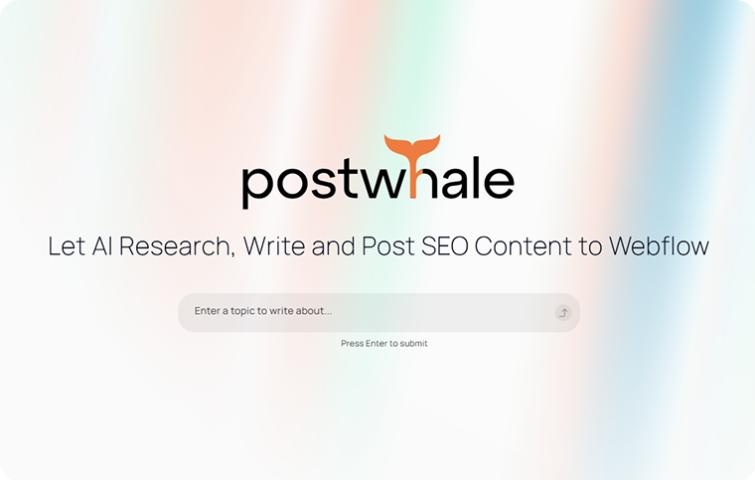Artificial intelligence (AI) is not just a buzzword anymore; it's a transformative force reshaping the startup ecosystem in profound ways. Startups, known for their agility and innovation, are harnessing AI to disrupt industries, create new markets, and redefine traditional business models. The influence of AI on startups is multifaceted, touching everything from operational efficiencies to customer experiences and beyond.
One of the most significant impacts of AI on startups is the enhancement of decision-making processes. Startups, often operating with limited resources and under significant pressure to perform, benefit immensely from AI-driven analytics. These tools analyze vast amounts of data to provide actionable insights, enabling founders and teams to make informed decisions quickly. This ability to rapidly interpret and act on data gives startups a competitive edge, allowing them to pivot or scale with greater precision and confidence.
Moreover, AI is democratizing access to advanced technologies that were previously the domain of large corporations with hefty budgets. Cloud-based AI services and platforms offer startups the ability to integrate sophisticated AI tools into their operations without the need for extensive in-house expertise or infrastructure. This accessibility levels the playing field, empowering small teams to innovate at a pace and scale previously unimaginable.
Customer experience is another area where AI's impact is vividly felt. Startups are leveraging AI to personalize interactions, predict customer needs, and enhance engagement. Chatbots, for example, provide immediate, personalized responses to customer queries, improving satisfaction and loyalty. Predictive analytics help startups anticipate market trends and customer preferences, allowing for proactive rather than reactive strategies. This deep understanding of customer behavior and preferences fosters stronger relationships and drives growth.
Operational efficiency is a cornerstone of startup success, and AI contributes significantly here as well. Automation of routine tasks frees up valuable time for teams to focus on strategic initiatives. AI-powered tools streamline processes like hiring, marketing, and customer service, reducing costs and increasing productivity. For instance, AI algorithms can sift through thousands of resumes in seconds, identifying the best candidates based on predefined criteria, thus accelerating the hiring process.
Beyond internal operations, AI is enabling startups to create entirely new products and services. In health tech, AI is being used to develop advanced diagnostic tools and personalized treatment plans. In fintech, startups are using AI to enhance fraud detection, improve credit scoring models, and offer personalized financial advice. These innovations are not only opening up new revenue streams but also transforming the lives of consumers by providing solutions that are more accurate, efficient, and tailored to their needs.
However, the integration of AI in startups is not without challenges. Ethical considerations around data privacy and algorithmic bias are paramount. Startups must navigate these issues carefully to maintain trust and ensure that their AI applications are fair and transparent. Additionally, while AI can handle many tasks, it cannot replace the human touch entirely. The most successful startups are those that blend AI's capabilities with human creativity and empathy, ensuring that technology enhances rather than diminishes the human experience.
AI is a catalyst for innovation and efficiency in the startup ecosystem. Its ability to provide deep insights, streamline operations, and foster new product development is revolutionizing how startups operate and compete. As AI technology continues to evolve, its role in shaping the future of startups will only grow, driving forward a new era of entrepreneurial success and transformation.

















